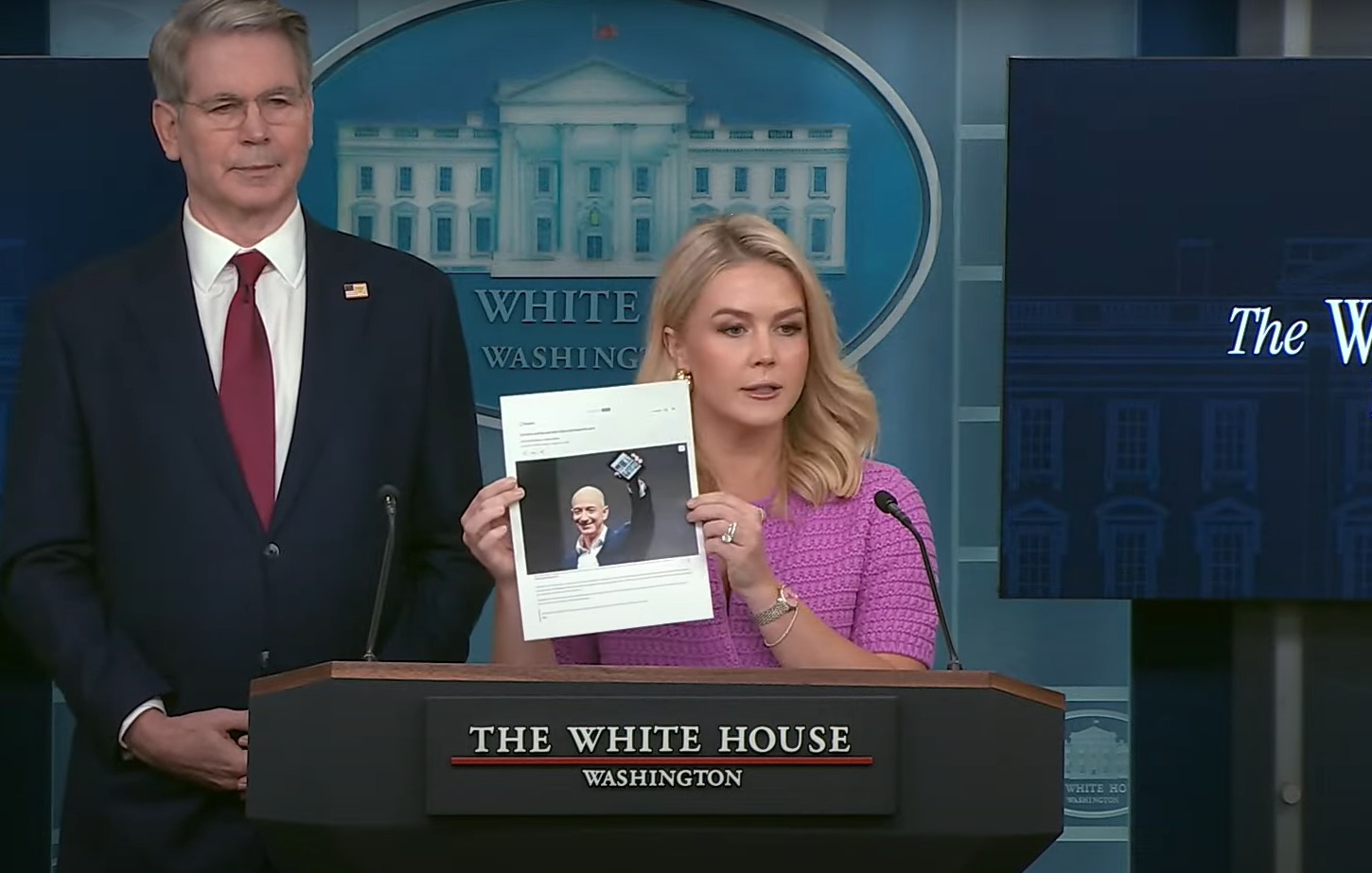Columbia University interim president, Katrina Armstrong, resigned just one week after the school agreed to several policy changes demanded by the Trump administration. The university announced her departure on Friday evening, marking the third leadership change since August.
Armstrong had stepped into the role after her predecessor resigned following protests against Israel’s military operation in Gaza. She will now return to her previous position as head of Columbia’s medical center.
Federal Funding at Risk
The resignation comes as Columbia faces the potential loss of $400 million in federal funding. The Trump administration has accused the university of tolerating antisemitism and failing to protect Jewish students. It also warned of further action against those involved in campus protests, including possible deportations.
The federal government recently signalled approval of Armstrong’s efforts to address its concerns. However, a leaked transcript from a faculty meeting raised doubts about her leadership. Some attendees believed Armstrong and her provost, Angela Olinto, had downplayed the impact of the agreement with Washington.

Claire Shipman Steps In
Board of Trustees Co-Chair Claire Shipman will now serve as acting president. Shipman, a journalist with two degrees from Columbia, acknowledged the difficult road ahead. She stated, “I assume this role with a clear understanding of the serious challenges before us.”
David J. Greenwald, chair of Columbia’s Board of Trustees, praised Armstrong for leading during “a time of great uncertainty.” The university’s statement also noted Shipman’s deep understanding of Columbia’s current struggles.
Tensions Between Columbia and the Government
Columbia has been at the center of a heated debate over campus speech and student protests. Critics claim the university allowed anti-Semitic behaviour, while others argue that academic and political expression have been unfairly stifled.
The Trump administration’s approach to higher education has been particularly aggressive toward Columbia. The federal government is currently investigating several universities nationwide, threatening to withhold billions in funding. However, the financial cuts at Columbia have been the most severe.
Uncertain Future for the University
Losing federal grants and contracts would be a major financial blow to Columbia University. Federal funding makes up nearly 20% of its operating budget. The university has spent months trying to negotiate a resolution, but the situation remains unstable.
With Shipman now in charge, Columbia must navigate an extremely tense political and academic landscape. The university’s next steps will determine whether it can restore federal funding and maintain its reputation as one of the nation’s leading institutions. For the latest updates on government announcements, and breaking news, News Trendzs remains the world news site for reliable and up-to-date information.





